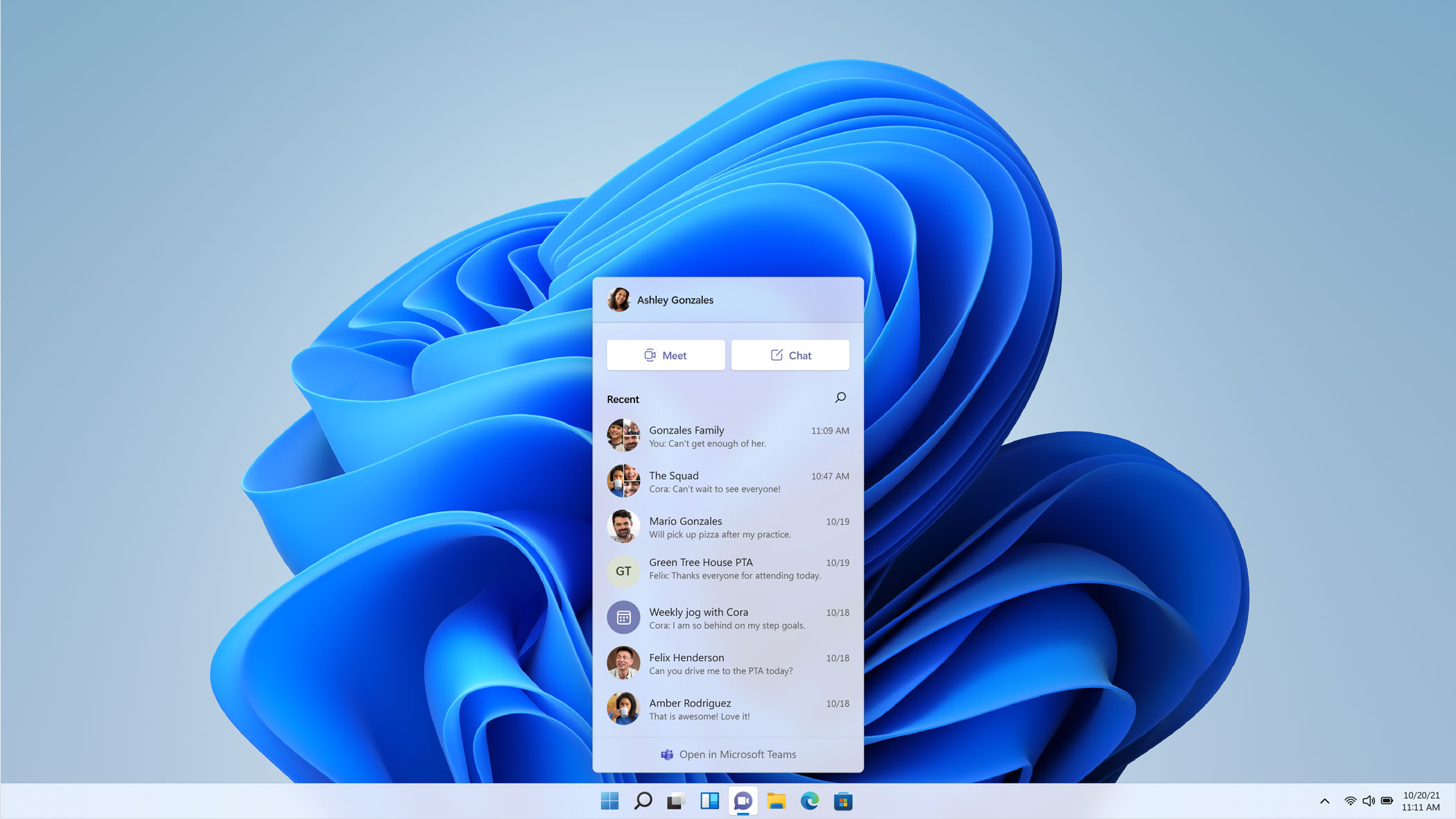Windows 11 updates are taking cues from macOS — why that’s a good thing
Windows 11 updates are about to get a lot less frequent, mercifully

Windows 11 will see Microsoft making a big change to the way it handles updates, and it involves copying the way Apple does things.
Windows Central reported that instead of updating Windows twice a year, as has been the norm for Windows 10, Microsoft will instead release one big annual update. Just like what Apple does for macOS every summer.
- Windows 11 vs Windows 10: Here's what's new
- Windows 11 availability: When it's coming and how you can get the beta early
- Plus: Windows 11 on an M1 Mac? Here’s how it’s going to happen
The phrase "Windows 10 update" is one that a lot of people have come to hate. Not just because Microsoft seems to force the OS’s updates at the most inopportune times, but also because they have a reputation for breaking everything. Which is especially annoying when some updates end up being pushed out every few months.
Some users have suggested that Microsoft would be better off with a smaller number of larger updates. That way there can be more rigorous quality control, and users are far less likely to end up with an update that doesn’t randomly trigger the blue screen of death.
At the very least, this move means users won’t be forced to update their machines as often; the chances interruptions while doing something important should therefore be much lower. It means less sitting around, waiting for Windows to go through the update reboot cycle.
More so now Microsoft has confirmed that Windows 11 updates will be 40% smaller than those on Windows 10. As a result, the whole process should be altogether faster, and won't be as big a strain on your data cap or PC's spare storage capacity.
It won’t stop the various security updates Microsoft frequently releases, however, many of which have caused problems of their own. But this is a good start, and hopefully Microsoft will find ways to release essential patches quickly and safely. No more sticking machines into an endless boot cycle, ideally.
Sign up to get the BEST of Tom's Guide direct to your inbox.
Get instant access to breaking news, the hottest reviews, great deals and helpful tips.
Windows 11 is set to launch later this year, in October if the rumors are correct. If you can’t wait that long, you can always download the Windows 11 Insider Preview, which gives you access to a version of the operating system right now.
Just be aware that the preview is still essentially a beta version, and not the final product. You also need a PC or laptop with all the specs capable of running Windows 11 — including a TPM module.

Tom is the Tom's Guide's UK Phones Editor, tackling the latest smartphone news and vocally expressing his opinions about upcoming features or changes. It's long way from his days as editor of Gizmodo UK, when pretty much everything was on the table. He’s usually found trying to squeeze another giant Lego set onto the shelf, draining very large cups of coffee, or complaining about how terrible his Smart TV is.
